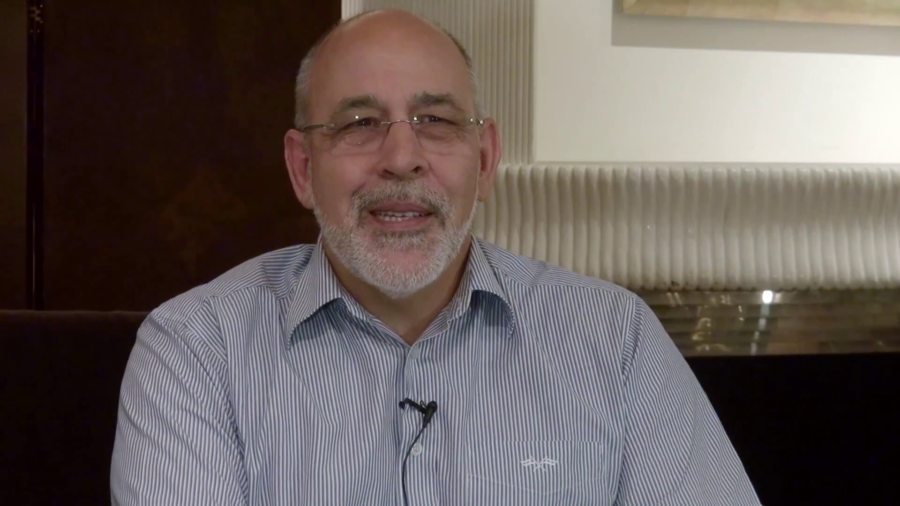Keith Davidson: I’ve been interested in and engaged in the Internet since the mid 1980s. At one stage I owned an ISP in New Zealand, an Internet service provider operation which got me interested in some of the governance aspects of the Internet. And from that I’ve had a number of roles in New Zealand and on a regional basis in the Asia-Pacific region, and more lately with ISOC and ICANN. In ISOC I’m a member of the board of trustees, and in ICANN I’m the vice chair of the Country Code Name Supporting Organization, the CCNSO, which looks after the ccTLD’s interests in ICANN.
Intertitle: Describe one of the breakthrough moments of the Internet in which you have been a key participant?
Davidson: For me the first thing that stood out was in the mid-80s seeing the file transfer protocol, known as FTP. And as a printer at the time to see the capability of this protocol being used to transmit files between computers across a network was quite remarkable.
I think the last big thing that happened on the Internet was the release of the World Wide Web in 1993. And I think since then, while there’s been Facebooks and other things, they’re just applications that are using the World Wide Web. So I’m not sure there’s been a next big thing since 1993.
Intertitle: Describe the state of the Internet today with a weather analogy and explain why.
Davidson: A weather analogy—it’s…it’s fine, but there are clouds in the sky. The Internet continues to grow and have further reach, but some of those clouds are around issues relating to privacy, or protection of individuals, identity theft, and so on. So it’s not all sunny all the time.
Intertitle: What are your greatest hopes and fears for the future of the Internet?
Davidson: Oh, I think the recent moves by the US government signalling their intent to remove their hands from the IANA function completes a cycle of the independence of the Internet, which should encourage further investment and further entrepreneurial activities on the network. I think the future—for me, the Internet of Things is definitely more a reality now than ever before and I look forward to the day that we transition from a lot of the more routine and boring things in life like shopping and so on being more automated. So my refrigerator and my pantry being able to communicate and be constantly stocked on the basis of my needs and so on. So that it frees more time to enjoy other things in life. Much as the calculator freed us from boring calculations, the Internet’s capabilities to free us from so much routine is enormous. I look forward to that.
In terms of the dangers, I think the constant dangers…governments looking to curtail activities on the network… Sure, there are dangerous things on the Internet and the temptation for governments to regulate and to prohibit access to things, while some things should potentially be prohibited, the fact that once you start censoring you can’t stop and at what point does that become political censorship, or at what point does that censorship actually infringe on my individual freedoms? Yeah, the Internet’s growing so rapidly and it’s become so useful in spite of government’s not because of governments, and the while it’s still a technology that’s in its infancy it’s really really important that we allow it to flourish to reach its full potential. And the only way we can do that is by governments having a very light-handed approach to regulation on the network, knowing and understanding that there’ll be disruptive behaviors and disruption to people’s lives along the way. But we need to learn how to cope with this disruptive technology and allow it to flourish to its full potential.
Intertitle: What action should be taken to ensure the best possible future?
Davidson: I think the actions that are coming up with the various conferences and so on this year, following on from the US government’s statements on its freeing up of the IANA function will lead to a whole wave of new ways of thinking about the future of the Internet, whether the Internet Governance Forum might transition to more a decisionmaking forum or more maybe people like law enforcement agencies internationally find new ways to collaborate to stop cybercrime and all of these things. I think there’s a whole set of new and interesting concepts that will develop. So maybe 2014 is quite a catalyst year for a next stage, and I think by this time next year we’ll actually see some real excitement in terms of roadmaps to the future of the Internet. But predicting exactly where that might turn at this stage is really hard.
